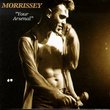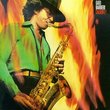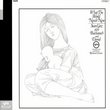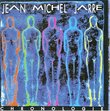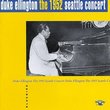| All Artists: Bobby Short Title: Is K-Ra-Zy For Gershwin (2-CD) Members Wishing: 0 Total Copies: 0 Label: Collectables Records Release Date: 12/5/2006 Genres: Jazz, Pop, Broadway & Vocalists Styles: Swing Jazz, Traditional Jazz & Ragtime, Vocal Jazz, Oldies, Vocal Pop, Cabaret, Musicals, Traditional Vocal Pop Number of Discs: 2 SwapaCD Credits: 2 UPC: 090431784822 |
Search - Bobby Short :: Is K-Ra-Zy For Gershwin (2-CD)
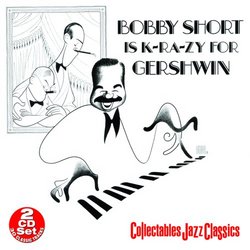 | Bobby Short Is K-Ra-Zy For Gershwin (2-CD) Genres: Jazz, Pop, Broadway & Vocalists
|
Larger Image |
CD DetailsSimilarly Requested CDs
|
CD ReviewsBobby Short : A New York Essential Stephanie DePue | Carolina Beach, NC USA | 04/17/2008 (5 out of 5 stars) ""Bobby Short Is K-R-A-ZY for Gershwin" was initially recorded and released by Atlantic Records in 1975. Personnel on it were, in addition to Short and his stride piano, Beverly Peer on bass, and Richard Sheridan on drums. Kay Swift, musical it girl of the earlier 20th century, played second piano on "Hi-Ho."Music for all selections was by George Gershwin; lyrics were mostly by his brother Ira.
As he did for most of his albums, Short chose many of the songwriter's popular favorites, plus a selection of his lesser-known works. And what songs he was able to choose: "S'Wonderful,""Love Walked In,""They Can't Take That Away from Me," "Embraceable You," "A Foggy Day," "But Not for Me," and "Shall We Dance," just for starters, and then an instrumental medley from the opera/operetta "Porgy and Bess."On the lesser-known side, he gave us the humorous "I Must Be Home by Twelve O'clock," and "Comes the Revolution." Short himself, upon the record's release, said, "It goes without saying that the songs contained here are but a tiny portion of the trove the Gershwins created in the 20's and 30's, a time when after consulting one's stockbroker, the next step was to learn the latest Gershwin tune, a practice diligently followed in Paris and London as well as in America. The songs themselves range from the insouciant and sassy rhythms so closely associated with the period to the haunting, deeply melodic ballads so difficult to erase from memory." Well, I can't say it any better. The performer, a great cabaret star of the later 20th century, had gotten his start busking on the streets of Chicago. His father said he was the "million dollar baby with the million dollar smile," and would go far; and he did, to the top of the top, as New York icon and pet of the international sophisticates' set. Whitney Balliet, then jazz critic of The New Yorker, praised the "brave excellence" of his work, describing "singing stripped to its essential, words lifted and carried by the curves of melody," in songs that could be "witty, ironic or sad, but never sentimental." In fact, just to help create their essential New York atmosphere, comic filmmaker Woody Allen quoted Short's music in several of his more Manhattan-oriented pictures. " |

 Track Listings (13) - Disc #1
Track Listings (13) - Disc #1